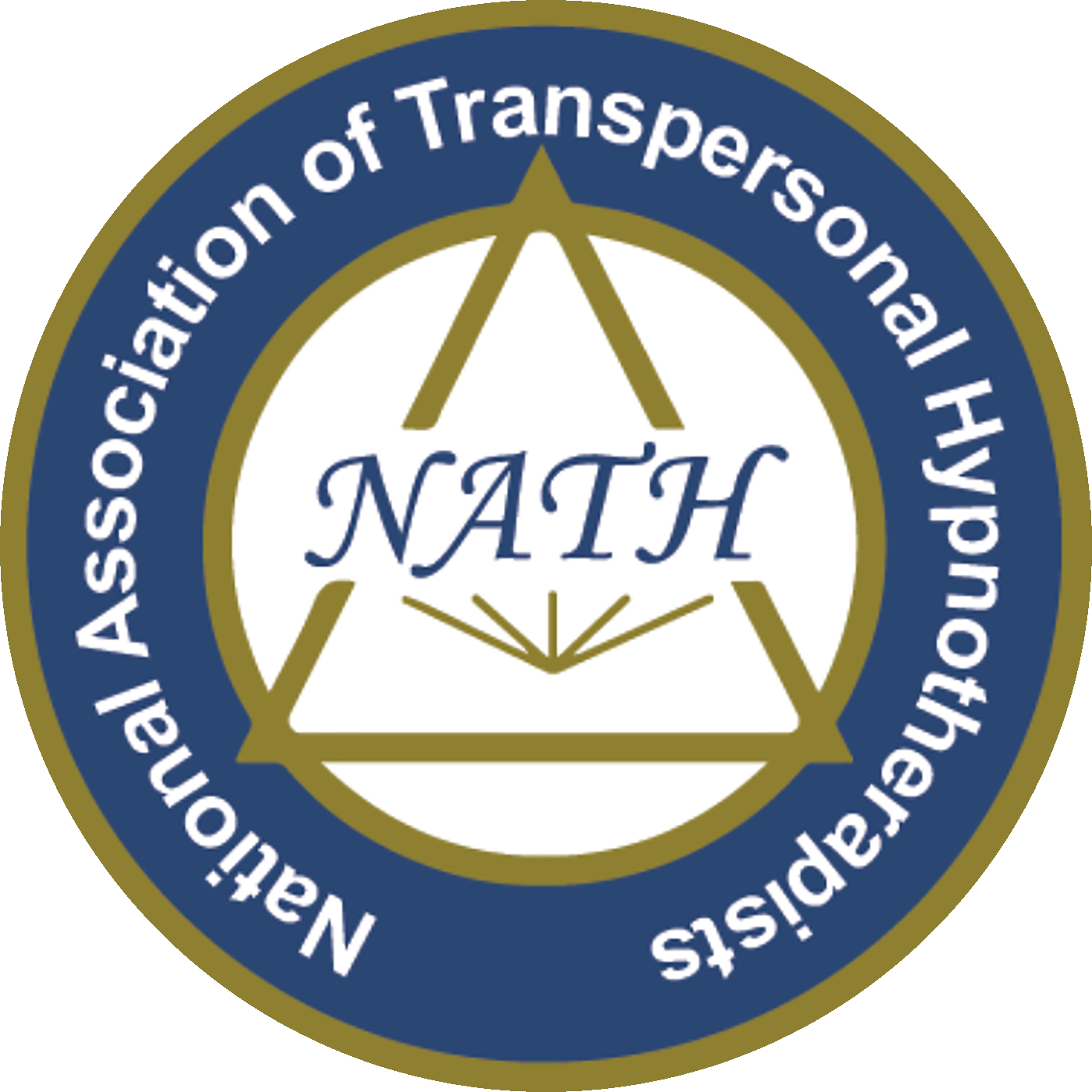
Code of Ethics
Experience the Power of Membership with the National Association of Transpersonal Hypnotherapists!
The Code of Ethics of the National Association of Transpersonal Hypnotherapists (NATH) outlines the principles and guidelines that members must abide by. The code emphasizes the importance of respecting the dignity and rights of individuals, promoting equality, eliminating discrimination, and protecting the well-being of clients. Here is a summary of the key points in the NATH Code of Ethics:
Members are committed to their own professional development, research, and sharing findings related to the effectiveness of clinical and transpersonal approaches used in hypnotherapy.
2. Standards of Conduct:
Members maintain professional conduct that serves the best interests of the clients and the institutions where services are provided. They should align with the policies and principles of the organization and, if necessary, consider alternative employment options that prioritize their and the clients’ highest interests.
3. Ethical Behavior:
Members are expected to demonstrate ethical behavior towards professional colleagues, both members and non-members. If there are concerns about the ethical behavior of colleagues, appropriate action should be taken to rectify the problem, starting with internal channels and, if necessary, reporting to local authorities.
4. Accurate Representation:
Members should only claim the professional credentials, qualifications, and abilities they are entitled to. They should display degrees, certificates, and professional association affiliations in a visible location. Misrepresentation by others should be corrected, and members should refrain from diagnosing or prescribing medication unless authorized to do so.
5. Fee Consideration:
Members should consider the financial status of clients and locality when establishing fees for professional hypnotherapy services. Sliding scale alternatives and assistance in finding comparable services of acceptable cost should be offered in the best interest of the client.
6. Accuracy of Information:
When providing information to the public or professional colleagues, members have a responsibility to ensure that the content is accurate, unbiased, and consists of objective, factual data without revealing identifiable client information.
7. Professional Qualifications:
Members should accept only those positions and clients for which they are professionally qualified. They should establish a referral network of related holistic and professional specialties to offer clients appropriate care when needed.
8. Client-Centered Approach:
Members should provide therapy that focuses on facilitating the client’s goals rather than the therapist’s personal needs. The therapy should be brief and designed to meet the client’s needs effectively.
9. Professional Boundaries:
Personal and sexual relationships with active clients are strictly prohibited during the duration of therapy to maintain professional objectivity and the ability to provide effective service.
10. Confidentiality:
Members must maintain client confidentiality regarding identity and all related information, unless written permission is obtained from the client. Exceptions include situations where the client poses imminent danger to themselves, children, or others.
11. Client Screening:
Members should carefully assess prospective clients and group participants to ensure their suitability for therapy or group dynamics throughout the duration of the therapy or group sessions.
12. Client-Centered Approach:
Members should adhere to a “client-centered” approach, considering the client’s goals, needs, and philosophical or religious preferences when delivering transpersonal hypnotherapy services. The therapist should acknowledge the client’s total self (mind, body, and spirit) and utilize these components as resources in the therapeutic relationship.




